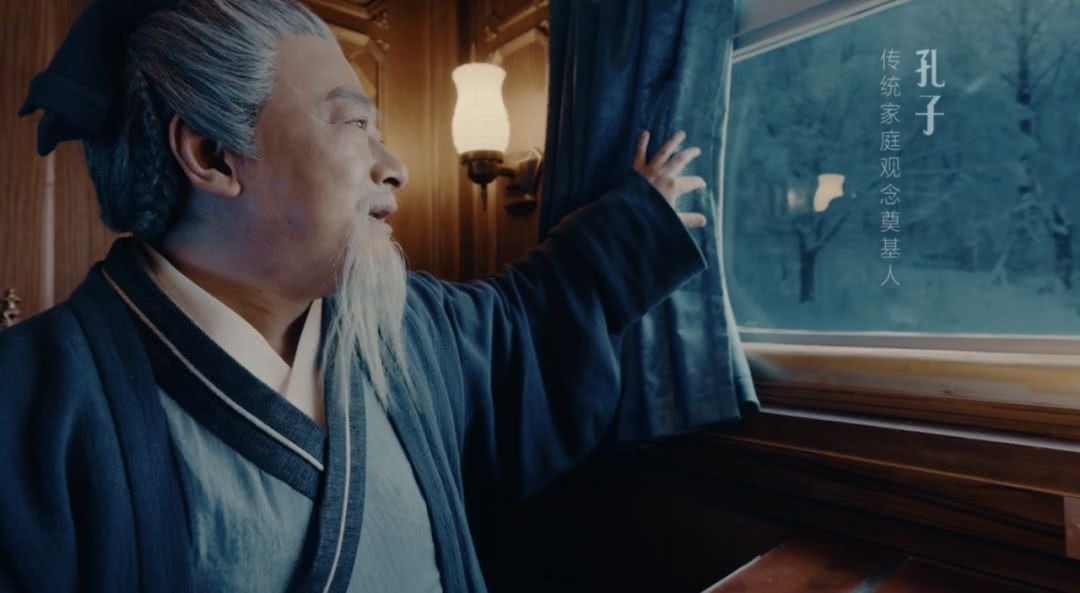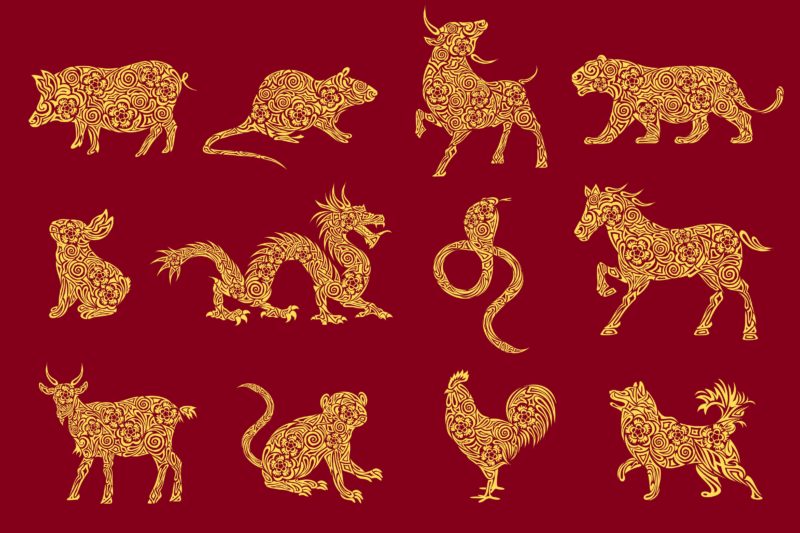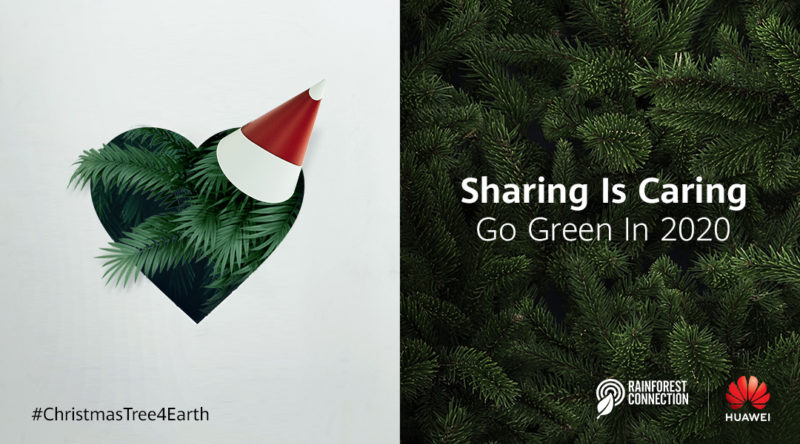China’s smart home industry is expected to reach 116.3 million RMB in 2021
Haier is a Chinese company which might not have come onto your radar. However, as China’s top home appliance brand for 10 consecutive years from 2009 to 2018 and featuring 68th on Brandz Top 100 Most Valuable Global Brands 2020 with a value of $18.7 billion, it’s definitely one you should know. Haier focusses on electronic home products and its biggest sellers include refrigerators, air conditioners, washing machines, televisions, and microwaves.
The smart home industry is a rapidly growing market in China and is expected to reach 116.3 million RMB ($18,082 million) in 2021, a year-on-year growth of 29%. Demand is especially strong among Gen-Z and millennial consumers and home appliances topped consumers’ wishlists during Singles’ Day sales with Haier raking in 100 million RMB in one minute on JD.

Reflecting the increased popularity of smart home products in China, Haier’s subsidiary Haier Smart Home has expanded in recent years and ranked 448 on Fortune’s Global 500 in 2020. Through IoT technology, it aims to build a “smart home ecosystem” where all of Haier’s smart home appliances are interconnected. The brand highlighted the advantages of its products for modern Chinese families in its campaign.
Haier explores modern homes with Confucius
Confucius shares his opinions about what the traditional home should look like while Turing explains how Haier’s AI-enabled smart home devices have helped modern families
Haier’s 2020 Chinese New Year campaign explored the changes between the traditional and modern home. In the short film, Chinese philosopher Confucius and British mathematician and computer scientist Alan Turing take a vintage 1940s style train to four different homes. Each reflects a modern-day Chinese family’s lifestyle.
At every stop, Confucius shares his opinions about what the traditional home should look like while Turing explains how Haier’s AI-enabled smart home devices have helped families to adapt to modern-day life. As the mastermind behind the computer, Turing explains the benefits of this “futuristic” technology to Confucius. This initially challenges Confucian’s traditional societal and family values, but along the way, he realises that technology doesn’t necessarily conflict with his philosophy. However, in doing so, the video marks the tensions which have evolved out of China’s rapid economic development between traditional values and modern society.
The four scenarios included are:
Single woman living alone
At the first stop, they meet a single woman living alone. Confucius initially argues that a house with a single person can not be considered as a home because marriage is at the crux of both family and society. While this view is still widely taken in China, a growing number of women are choosing to pursue a single lifestyle or not have children. Turing explains that Haier’s smart home appliances can enable someone to live a happy lifestyle on their own.
Both parents taking on equal responsibilities in the home
Confucius is shocked to find a man in the kitchen at the second stop. In the pre-modern period when Confucius was alive (551-479 BC), cooking, housework and raising children were exclusively women’s roles, as expressed in the phrase 相夫教子 – “the traditional roles of a good wife” or literally “help your husband and educate your children”. Yet Turing explains that it is common for both husband and wife to have jobs in modern society, and so, it’s only reasonable for the husband to share some of the housework. Haier’s smart AI-based kitchen helps teach the man how to cook while his wife is working.
“Two city family”
The pair also meet a “two city family” 双城家庭 (also known as “double city life” 双城生活), a phenomenon which has developed out of urban migration with one of the parents working in a separate city from where their home is. This is common for people who work in big metropolises, like Beijing or Shanghai, but live in more affordable neighbouring cities.
Confucius believes that both parents should live with their child to ensure that he has a good, all-round development. However, Turing shows that distance is no longer a problem as parenting can be done from afar through online platforms. The father sees that his son is cold on a video app and adjusts the room temperature accordingly through remote technology.
“Two doors and one soup” family
The fourth home shows another common lifestyle in modern Chinese society, what is described in the advert as “two doors and one soup” 两门一汤 where two generations live beside each other. In contrast, up to four generations commonly live together in traditional Chinese society. Due to growing wealth and urbanisation, many families now choose to live in the vicinity to their parents rather than in the same household. Confucius voices concern that the elderly generation will be unable to look after themselves; however, Haier’s smart devices put his mind at ease as they turn off a cooker which has been accidentally left on.
The video hit 3.2 million views and 17,100 likes on the profile of “当时我就震惊了”, a Weibo influencer who was invited by Haier to promote the campaign. Netizens loved the creative idea behind the campaign and commented:
“This advert’s idea is 10/10”
“I want to have this kind of smart home”
“After watching this video, I want to buy Haier’s products”
“Technology makes people more open-minded”
Smart devices respond to the modern home
Haier sought to reflect the more diverse family forms in modern society in its Chinese New Year campaign
As China has developed, the concept, structure and design of “home” has seen a massive transformation and is no longer based around the typical nuclear family of the past. Haier sought to reflect the more diverse family forms in its Chinese New Year campaign – a festival which centres around the family.
Haier’s campaign showed its audience how technology has enabled changes in lifestyle and society and helped modern-day families adapt to new challenges. As the popularity of smart home devices grows in China, homes will evolve further and bring about new smart solutions.
Read more:













